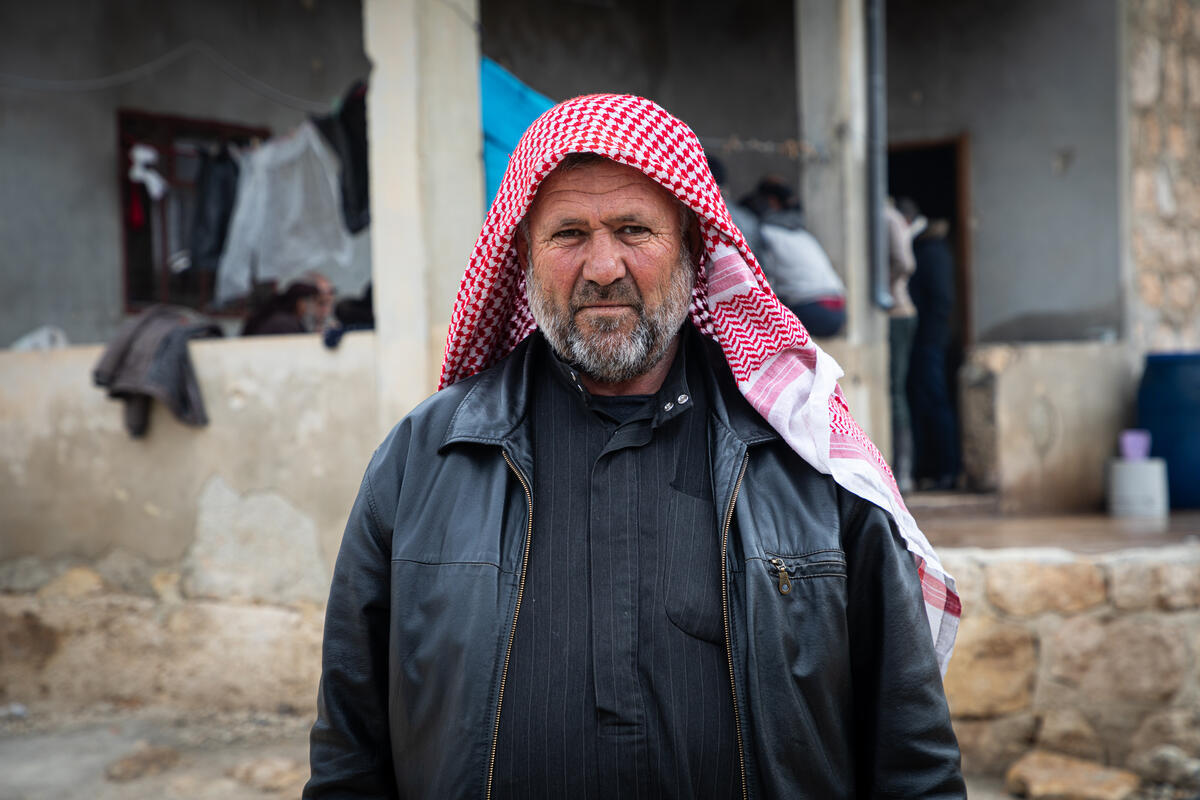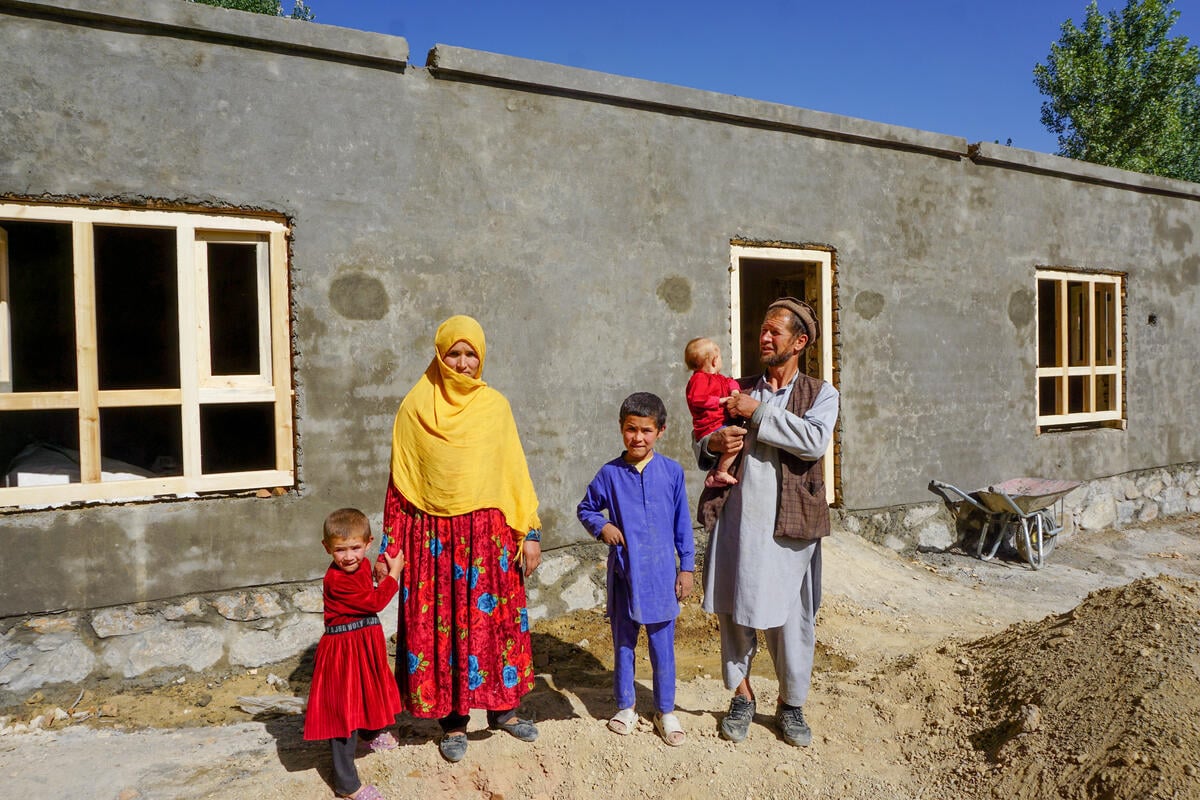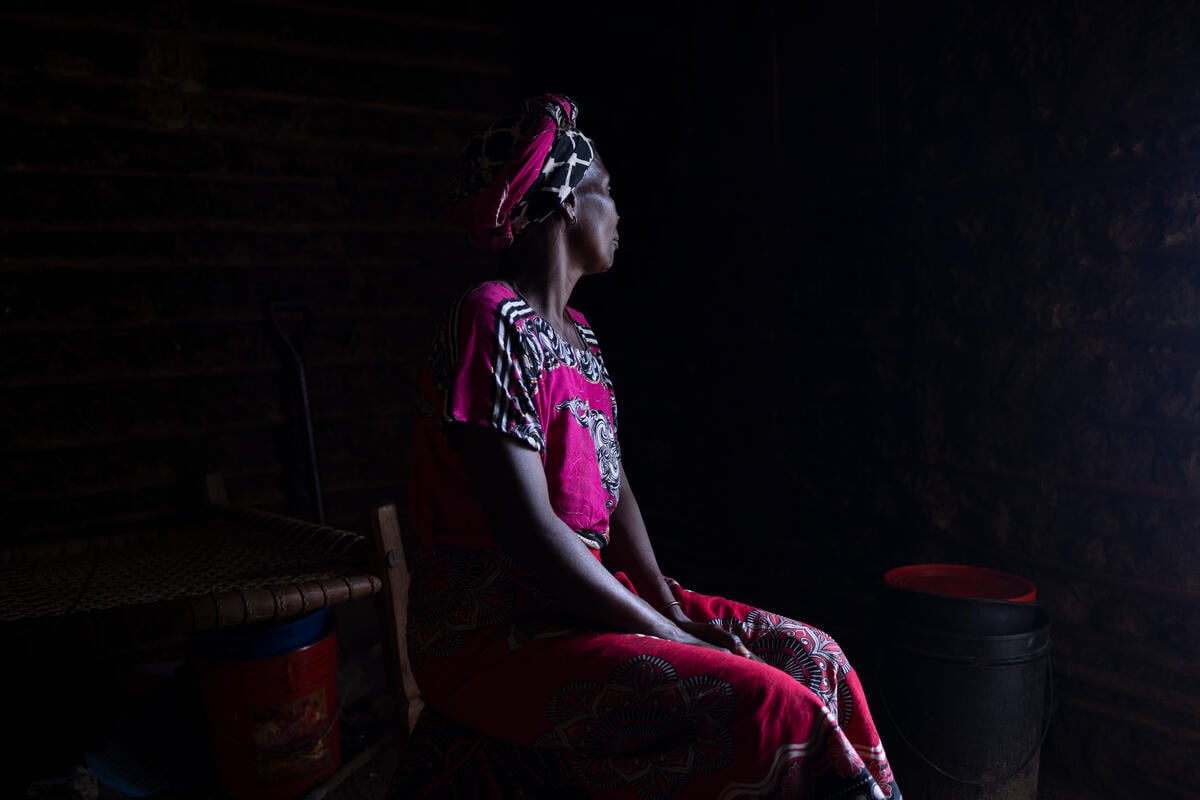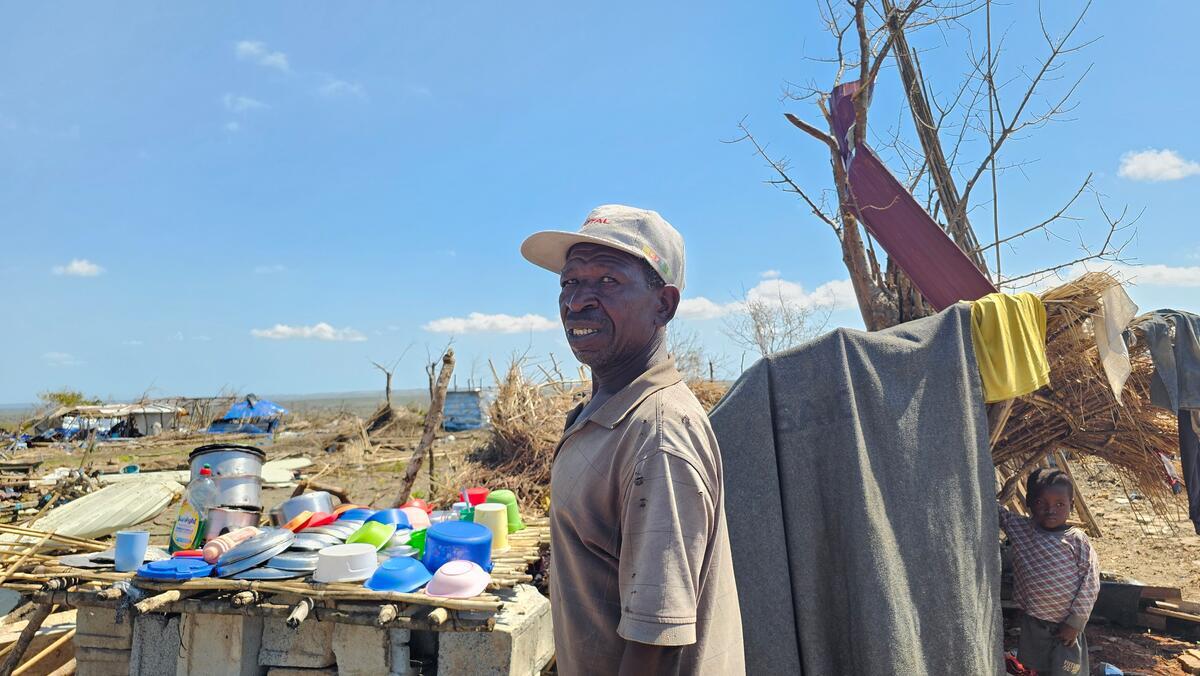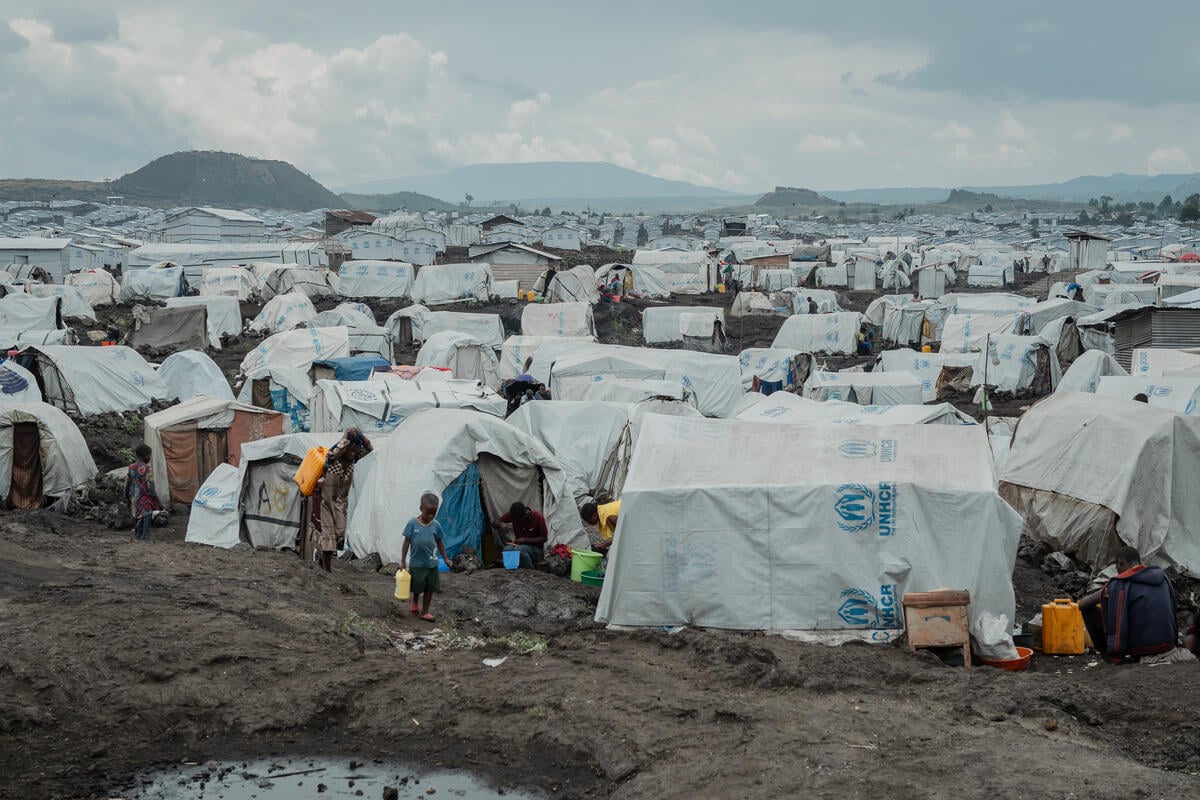Digital hub connects displaced people in Burkina Faso to new opportunities
Digital hub connects displaced people in Burkina Faso to new opportunities

Julien was internally displaced four years ago and has built a business selling solar energy equipment, batteries and telephone accessories.
Her first thoughts were of survival. She set about picking up jobs where she could, helping a local woman sell cakes, or making liquid soap. “Little by little I became resilient,” Zourata said. “Once I had more business, I would buy mobile data once a week, so that I could listen to the voice messages my parents sent me.”
Though Kaya offered Zourata refuge from violence, the city’s poor infrastructure meant electricity supply remained sporadic and internet and mobile phone connectivity limited. As a result, she and other residents of Kaya – both new and old, displaced people and host communities – were largely cut off from an increasingly digital world, missing out on opportunities to gain skills and knowledge that could change their lives, or to keep in touch with loved ones.
To bridge this digital divide and connect Kaya’s residents to the outside world, UNHCR, the UN Refugee Agency, initiated the creation of a digital hub to foster knowledge and online learning. UNHCR's Information Technology (IT) team equipped the hub with solar panels to provide reliable power and partnered with a private sector company to enhance internet connectivity and establish a local Wi-Fi network.
Transformational experience
The ‘Connectivity Centre’ opened its doors for the first time in 2022, enabling host communities and displaced people to access online and in-person courses on a variety of subjects, including information technology, digital literacy and responsible social media use, as well as agriculture and business.
The courses are conducted by UNHCR staff together with members of WakatLabLink is external, a Burkinabe organization specializing in digital training for youth. Beyond educational opportunities and a space to learn new skills, the Connectivity Centre also provides free 24-hour internet access for all via its Wi-Fi network.
The experience of visiting the centre has been transformational for Zourata.
After taking courses in entrepreneurship, agriculture, computer science and data analysis, she started a successful rabbit farming business and now earns enough to pay for her younger siblings’ education.

Zourata Sawagdogo set up a rabbit farming business after taking online courses in entrepreneurship and agriculture.
“The centre has enabled me to become autonomous,” she said. “Thanks to all this, I was able to send my two sisters back to school.”
Zourata is also among 50 local people who have been certified as trainers at the centre, empowering her to teach others and contribute to the centre’s sustainability. Now, alongside her thriving rabbit farming business, Zourata is a volunteer trainer in data collection and analysis at the centre, and her expertise has led to work with non-governmental organizations in Kaya.
Financial independence
Like Zourata, 30-year-old Julien Bamogo arrived in Kaya four years ago, after becoming internally displaced following a deadly attack on his home village of Foubé. Entrepreneurial in spirit, Julien started by selling mobile phone accessories door-to-door earning money to support himself, his partner, and their child. He then attended courses in social media and marketing at the Connectivity Centre, applying his new knowledge to grow his business and expand into solar panel installation.
“This connectivity project means an evolution for young entrepreneurs like me,” Julien said. “We participate in these courses to learn skills to help us run our businesses better.”
Beyond business skills and opportunities to connect digitally with the world, the centre also hosts classes on social issues such as gender-based violence, sexual health, and positive masculinity, attracting over 1,845 participants so far.

People attend a training session at the Connectivity Centre in Kaya.
Michel Kalemba, an IT specialist with UNHCR who helped design and build the Connectivity Centre, said it is a source of pride and purpose, illustrating some of the ways technology and connectivity can empower communities, support self-reliance, and serve as a lifeline for forcibly displaced people.
“Through this project, I can really see the impact on the lives of the people UNHCR works with and for,” Michel said, adding that with more funding, he hopes the project might be extended beyond Kaya, bringing the benefits enjoyed by Zourata and Julien to other displaced people.
“For me, connectivity is the roadmap to empowerment,” said Zourata, who credits the centre with providing a path to financial independence, “while for the community, it is a tool to reduce youth unemployment and find lost family members.”
"The centre has enabled me to become autonomous."

